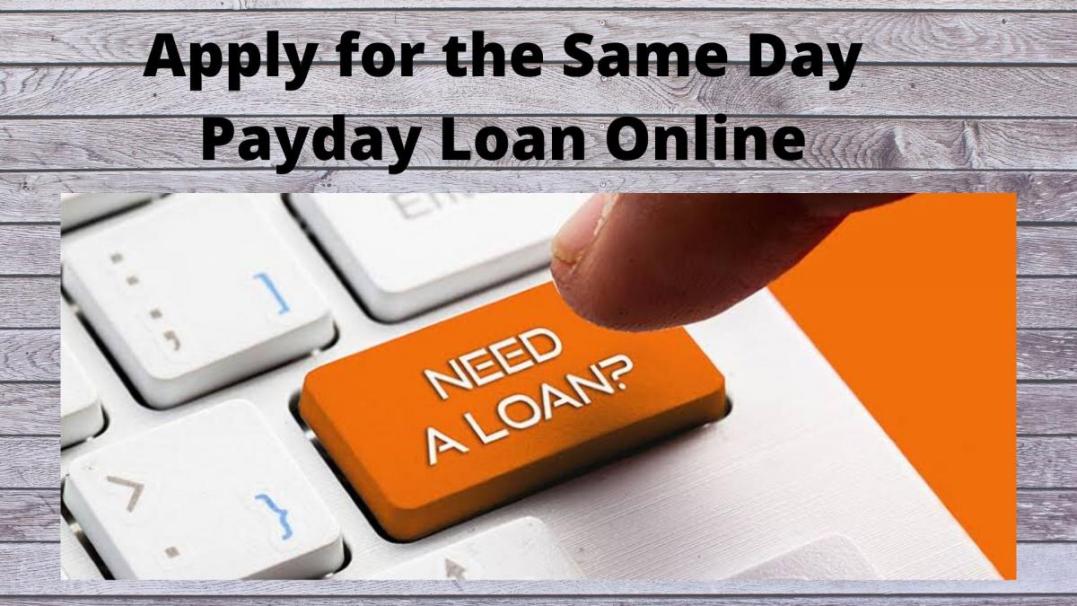Where Can I Find Help if I'm Struggling with Payday Loan Debt?
Payday loans are short-term, high-interest loans that can often lead to a cycle of debt. In the United States, an estimated 12 million people take out payday loans each year, and the average borrower pays \$520 in fees. If you're struggling with payday loan debt, there are resources and strategies available to help you get out of debt and avoid future financial distress.

Understanding Payday Loan Debt
Payday loans are typically small, short-term loans that are due on your next payday. They are often marketed to people who need cash quickly, such as those who have unexpected expenses or who are struggling to make ends meet. Payday loans can be very expensive, with interest rates ranging from 300% to 1,000% APR. This means that if you borrow \$100, you could end up paying back \$300 or more in interest.
Payday loans can also lead to a cycle of debt. When you take out a payday loan, you are typically required to repay the loan in full, plus interest, on your next payday. If you can't repay the loan in full, you may be able to roll it over into a new loan. However, this will only increase the amount of interest you owe. Over time, this can lead to a situation where you are paying more in interest than you are in principal.
Seeking Help From Financial Institutions
If you're struggling with payday loan debt, there are a number of financial institutions that can help you. Credit unions and banks may offer debt consolidation loans or balance transfer credit cards that can help you consolidate your payday loans into a single, lower-interest loan. Non-profit credit counseling agencies can also provide free or low-cost debt counseling services, including assistance in creating a budget, negotiating with lenders, and developing a debt repayment plan.
Government And Legal Assistance

The Consumer Financial Protection Bureau (CFPB) is a government agency that regulates payday lenders. You can file a complaint against a payday lender with the CFPB, and the CFPB can also provide you with resources and information on payday loan regulations. Additionally, many states have laws that regulate payday loans. You can research your state's laws on payday loans and contact your local legal aid organization for assistance.
Alternative Lending Options
If you're struggling to repay your payday loans, you may want to consider alternative lending options. Peer-to-peer lending platforms connect borrowers with individual lenders, and you may be able to get a lower interest rate and more flexible repayment terms than you would from a traditional lender. You may also be able to get a short-term loan from friends or family, or you may be able to get an advance from your employer or use an earned wage access app.
Avoiding Future Payday Loan Debt
The best way to avoid payday loan debt is to create a budget and stick to it. Make sure you are only spending money on essential expenses, and try to save money each month in case of unexpected expenses. You should also build an emergency fund of at least three to six months' worth of living expenses. This will help you cover unexpected expenses without having to resort to payday loans.
If you're struggling with payday loan debt, there are resources and strategies available to help you get out of debt and avoid future financial distress. Seek help from financial institutions, government agencies, and legal aid organizations. Consider alternative lending options, and take steps to avoid future payday loan debt by creating a budget, building an emergency fund, and exploring alternative sources of credit.
YesNo

Leave a Reply